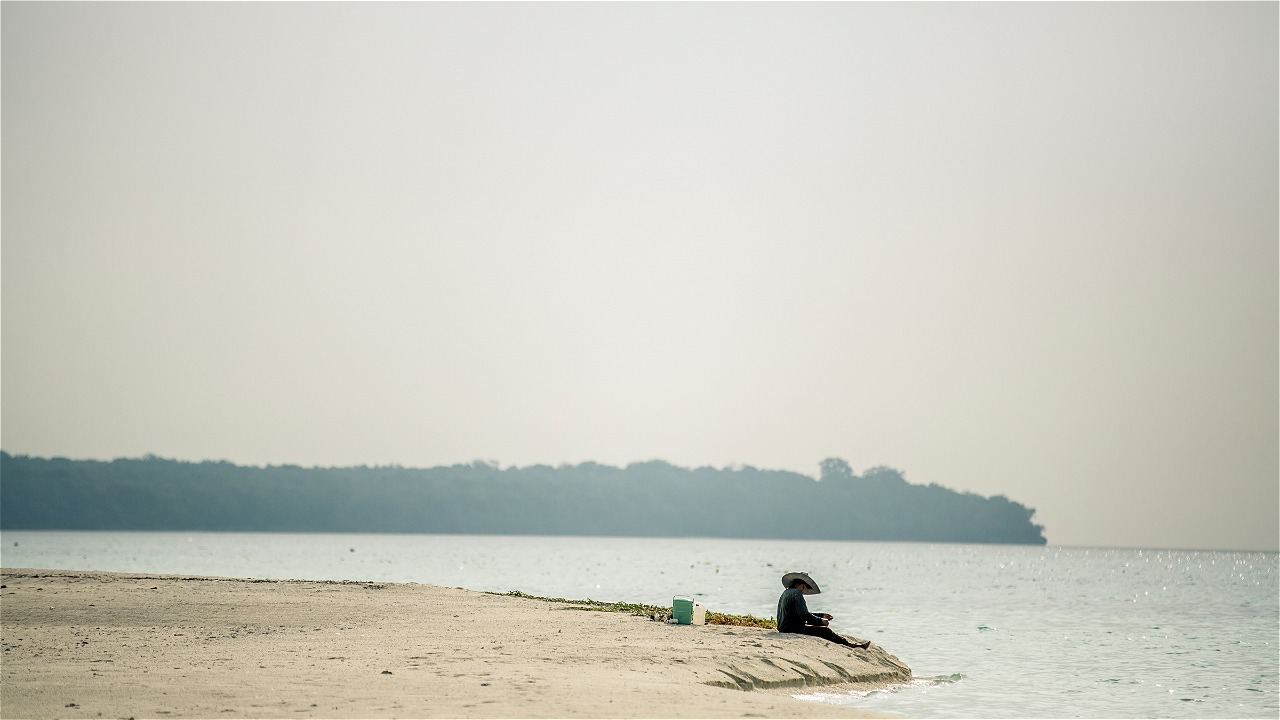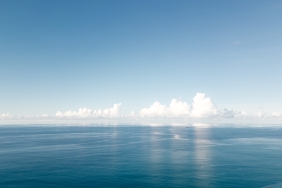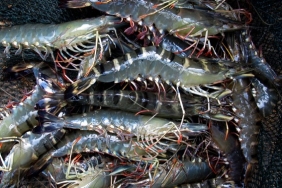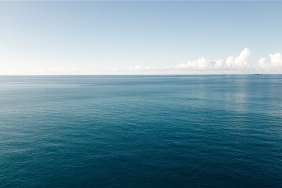#XPDCMBD: SASI, LOCAL WISDOM OF MARINE RESOURCE MANAGEMENT & UTILIZATION
Author: Hakim Miftakhul Huda (KKP)
During the Southwest Maluku Expedition, one thing that caught my attention was the management and utilization of marine resources by the local community through local wisdom. In Eastern Indonesia, local wisdom is known as sasi, which is the restriction of resource utilization through the prohibition of taking marine resources within a certain period of time. The average commodities included in sasi in the Southwest Maluku region are lola, sea cucumber, and batulaga.
Usually, sasi or regulations that have been enforced for generations are enforced by customs; but uniquely, some sasi in Southwest Maluku are enforced by the village government, even the church, because the majority of local people are Protestant Christians. If anyone violates or utilizes sasi commodities not in time, then the person concerned will be subject to sanctions, which have been agreed upon jointly beforehand. In general, sanctions against sasi violators are in the form of sin. In addition to sin, in some villages there are also other sanctions imposed on people who violate sasi in the form of fines of money, gold, rice, tobacco/cigarettes, sopi (local liquor), and animals such as buffaloes, goats and pigs. Money and gold fines would go to the village or church treasury, while consumable fines would be shared by the entire village community. To date, regulations related to sasi in most villages are still not regulated in writing and are still in the form of customary law. However, some villages that the Darat Team and I encountered during the expedition have begun to plan the creation of written rules related to sasi so that they can be implemented optimally, and there are also some villages that have adopted customary regulations such as sasi into village regulation documents (Perdes).
Although it seems 'restrictive', sasi can provide benefits to local communities. Ecologically, commodities that are included in sasi can reproduce so that they can provide enough yield for the community to utilize when entering the opening period of sasi. From a social perspective, the benefit of sasi is the distribution of marine resources to local communities living in the sasi area. The results can be enjoyed together and avoid monopolization by certain parties. Not only that, the income of the community can also increase during the opening period of sasi. The results obtained from sasi can also be used for the public interest, where part of the proceeds from the sale of sasi commodities obtained from residents are utilized for the common interests of the village community such as the construction of worship facilities, government offices and the like.
Nuwewang Village, one of the villages that the Land Team and I visited today (7/11) on Letti Island, is one example of a village in Southwest Maluku Regency that enforces sasi. According to Nuwewang villagers, during the opening of sasi in 2014 - after a two-year closure period - the results of marine resources obtained were quite abundant, such as ten tons of lola; six tons of sea cucumbers; and one batulaga. The opening of sasi that year also contributed to village and church funding, with each village and church receiving 10% of each commodity's proceeds.
Not only unique. By looking at the benefits of sasi from ecological, social, and economic aspects for the community, I think it is very important that this local wisdom is preserved and optimized for implementation.





